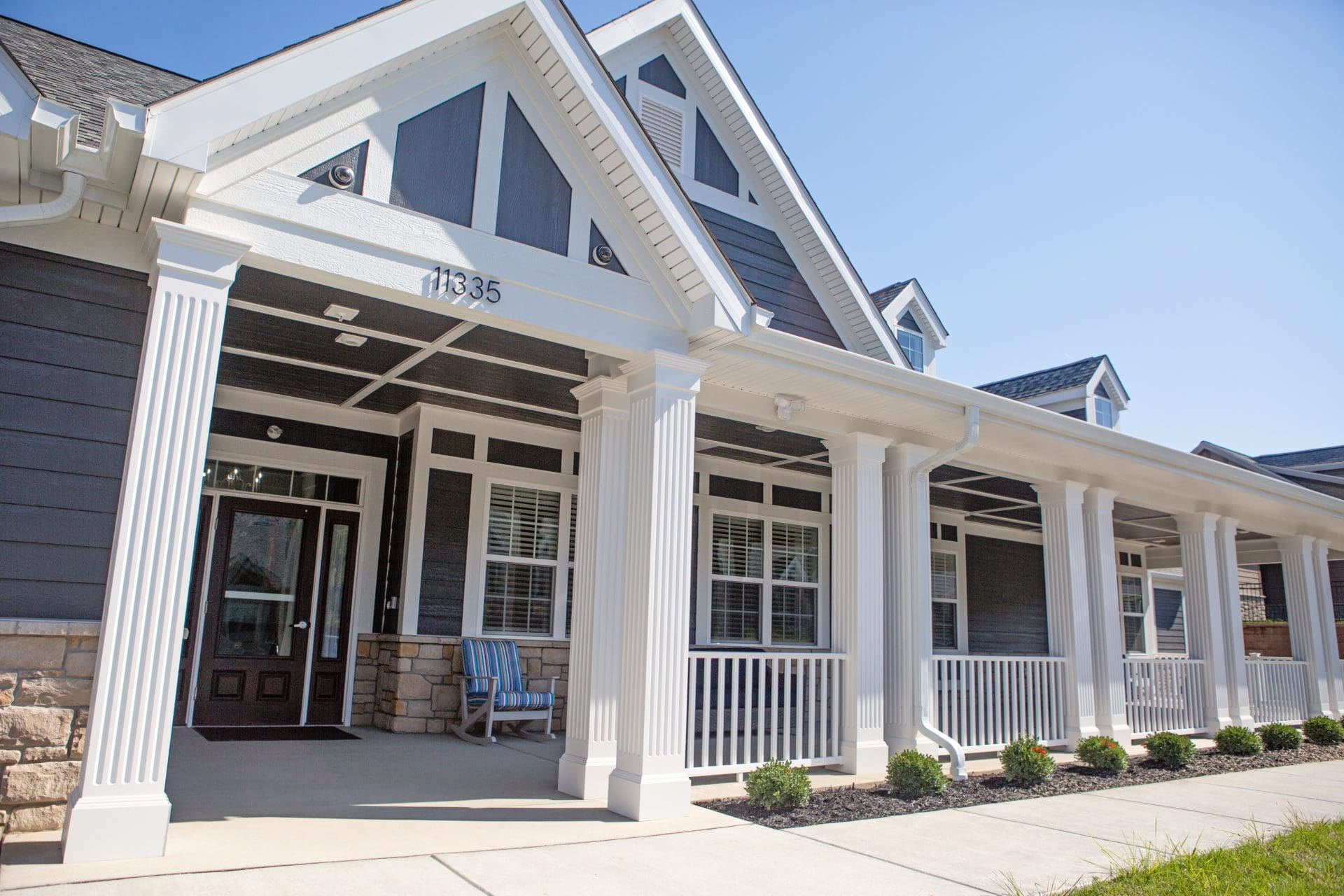There are so many aspects of having a loved one with memory impairment that can be challenging. One aspect that can be particularly emotionally and mentally trying is the decision to place your loved one in a memory care home. When your loved one has Alzheimer’s, they may need special support and care that you are not able to provide. Memory care homes can provide incredible benefits to those with Alzheimer’s. Read on for our complete guide on deciding your loved one should move to a memory care home, from the questions you should be asking to the benefits that can come of it.
Questions to ask
Whether they’re living at home with you or in a memory care home, you will always want what is best for your loved ones. The idea of leaving your family member in the hands and care of someone you don’t know can be scary at first. To make sure the situation is best for everyone involved, there are a number of questions you will want to ask to the prospective homes you are touring. In addition to seeing the home in person to really get a sense of where your loved one will be living, here are a few questions you should ask before making your decision:
- What policies do you have in place that specifically benefit those with memory impairment?
Memory care homes are different from assisted living. They should provide care and facilities that cater specifically to individuals with Alzheimer’s and other forms of dementia.
- When can I visit?
Just because your loved one will no longer be living with you does not mean that your communication with them should be cut off. Clarify how often you can visit, if there are specific visiting hours, who all is able to visit, and any other policies associated with visiting your loved one.
- Who will be caring for my loved one? What are their qualifications?
Make sure you are comfortable with the caregivers in the memory care home. You should be confident that they will be able to meet your loved ones’ needs and provide the type of environment that is best for them.
- What safety and security measures do you have in place?
Wandering behavior is a common symptom of Alzheimer’s. You will want to ensure the home is secured and offers protections so your loved one is not at risk of wandering off on their own.
- How many people are on your staff? How many residents does each caregiver care for?
It is important that your loved one is able to receive individualized attention and care. Ensure that any home you visit is adequately staffed, and that caregivers have the time and resources needed to provide the very best care.
Benefits of a memory care home
While the decision and the move may feel stressful or overwhelming, there are many potential benefits of memory care homes for individuals with Alzheimer’s. Memory care homes usually employ experienced and professional caregivers, who can provide your loved one with specialized care. It also eases the burden of being a full-time caregiver for you, so you can enjoy the time you spend with your loved one more.
Memory care homes are designed with the specific needs of those with Alzheimer’s and dementia in mind. They offer a safe environment and supportive cues that can guide those with memory impairment in their daily life.
Finally, memory care homes can provide organized activities that you may not be able to provide at home. From socialization to mental stimulation, memory care homes offer organized activities that are designed for those with memory impairment. These activities can spur cognitive stimulation and enhance the overall well-being of residents.

Benefits of Dolan Homes
In addition to the general benefits described above, Dolan Memory Care Homes offer additional perks and amenities to improve the quality of life for those with Alzheimer’s. A maximum of 10-11 residents reside in each Dolan home. This small size allows our CarePartners ample time and resources to provide personalized care and attention to each and every resident. Our model of person-centered care really sets us apart from other, larger memory care homes!
Furthermore, each of our homes has a dedicated nurse, meaning our nurses are only providing care to 10-11 residents at a time. Dolan Memory Care nurses are not overloaded with patients: their relatively small number of patients allows them to dedicate plenty of time to each resident and truly provide an individualized care plan.
In addition to our unparalleled care, the design of our homes further enhances our residents’ quality of life. Each home is designed to truly feel like a home: There are no long, sterile hallways that give the feeling of a medical facility. From our spacious private bedrooms to our state-of-the-art kitchens and comfortable shared living spaces, at Dolan you truly feel like you are at home!
Finally, we also operate under an aging in place model that can greatly benefit those with Alzheimer’s and other dementias. Aging in place means that once they are living with us, our residents never have to change rooms or homes, no matter how much their needs or level of care changes. It also means that we bring necessities and amenities to our homes instead of residents needing to leave to go to them. This includes everything from haircuts to religious services and exercise classes. All of that and more takes place right in the comfort of our homes!

While the decision that it is time for a loved one to move to a memory care home can be fraught with emotion and challenging to come to, it can also greatly benefit all those involved. If you still have questions or would like to learn more about how Dolan Memory Care can help your loved one with Alzheimer’s, please contact us today. s





